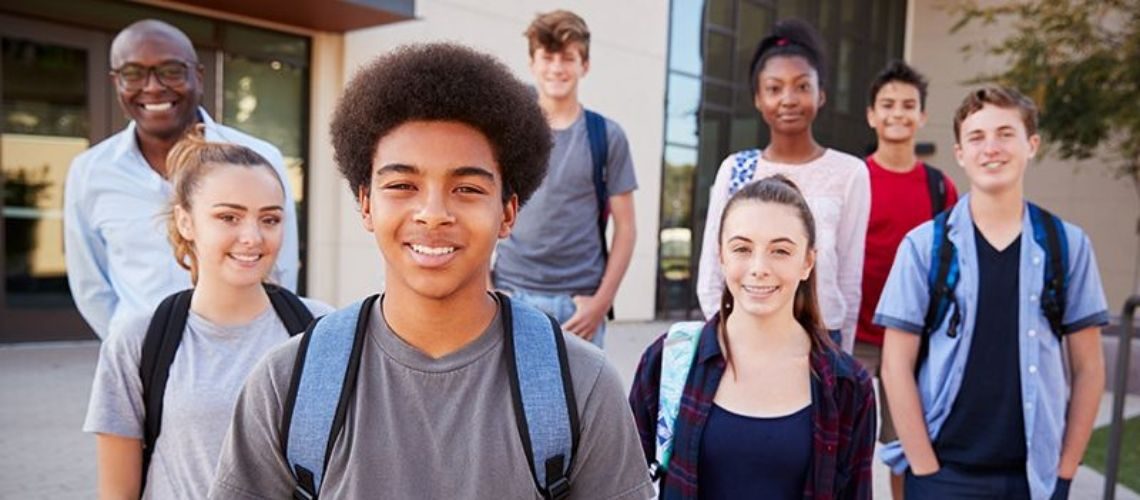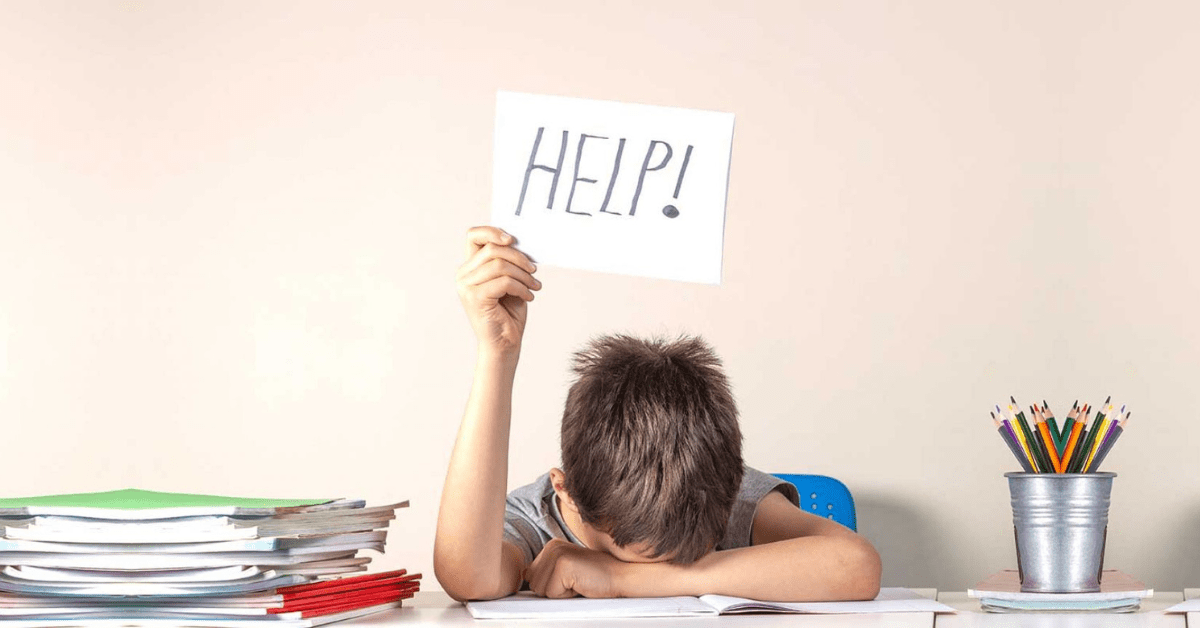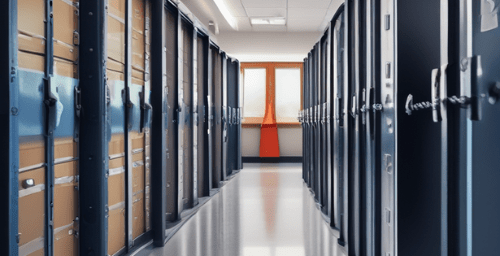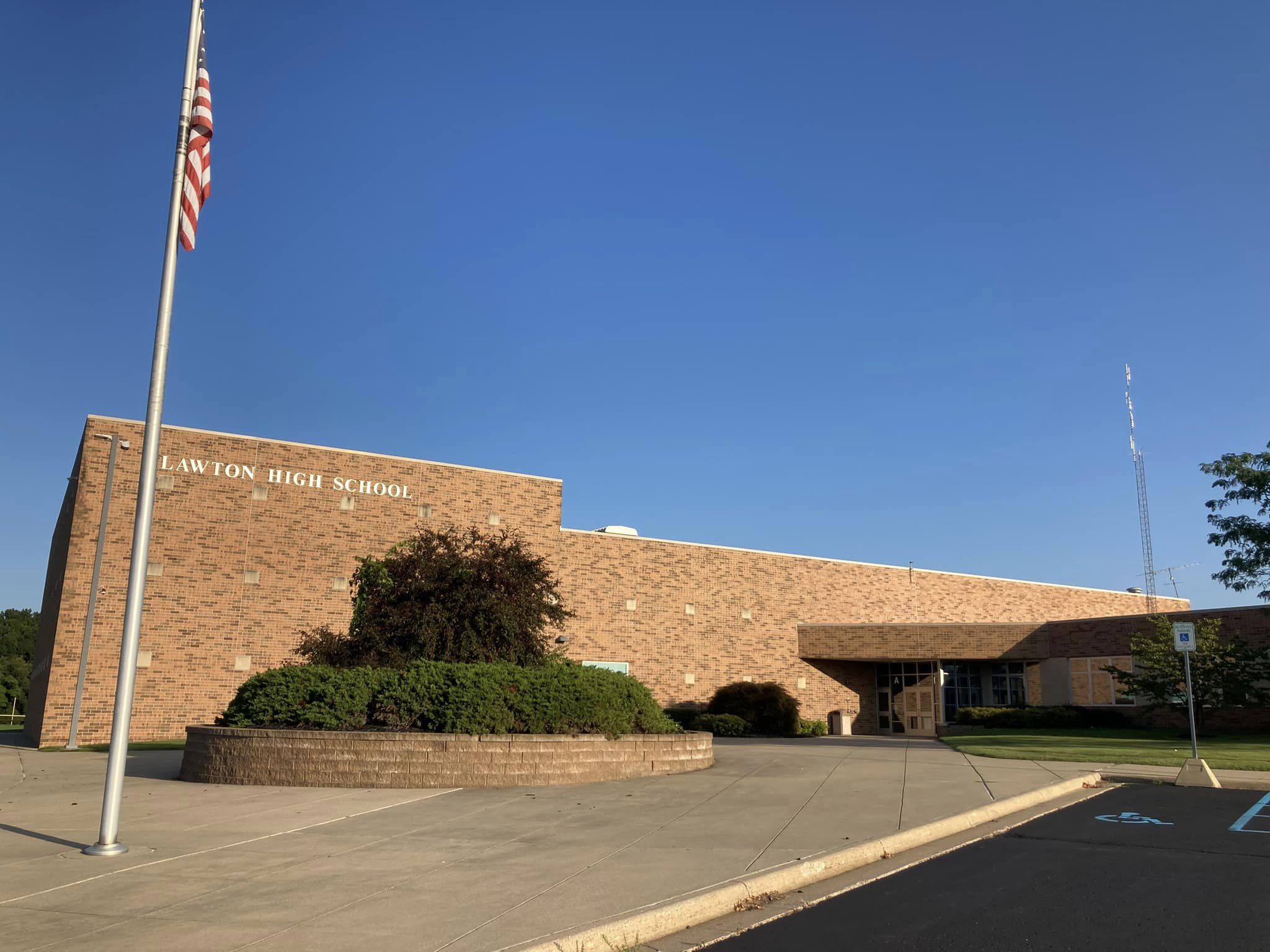Important Stakeholders When Deciding to Implement a School Lockdown System

Who are the most important stakeholders for whom you need to make decisions when implementing a school lockdown system? First, it’s important to understand what we mean by stakeholders. Stakeholders are people who have a vested interest in something. In this case, stakeholders are the people with an interest in the success of your lockdown system project.
So, who are the people with a vested interest in your project? Why do they have an interest? Finally, how can you ensure that each group’s needs are met? From initial planning, through installation, training, and beyond, it’s important to always have the best interests of your stakeholders in mind.
This article will go over a few of the stakeholders whose needs are the most important, and how those needs can be met, throughout your project.
Students
We’ll start off with the group for which you are likely starting this project in the first place, your students. At the heart of any lockdown system implementation is the desire to keep students safe from the potential tragedy of a worst-case lockdown situation, while also protecting them during all levels of lockdown, as well as during other safety and security events.
Students are usually a group that will give buy-in to a project rather early. Young people are active and thoughtful, and can be critical if they feel their safety is not a top priority. During most LockOut System implementations, students are some of the most curious of all stakeholders, asking questions, providing feedback, and helping with other groups that may not be as invested.
In most cases, students see lockdown systems as a positive. Younger students can be fearful at times because they may not understand that just because we are installing a system designed to protect them doesn’t mean that something bad will happen. Even younger students, when educated and made part of the process, will nearly always eventually understand the purpose of the system, and decide it is a positive piece of their overall safety.
During training, students are often the most important group to work with. As the largest group of people in most schools, students need to be aware of every possible scenario, they need to be trained in the products that make up their system, and they need to understand, based on their location inside the building, their safety principles and protocols if a lockdown does occur.
In all, students potentially represent the greatest challenge throughout the entire lockdown system implementation process, not because they will be resistant to the process, but because they are a large, disparate group with many different ability levels who have to be able to stay on the same page during stressful scenarios.
Parents
On the list of stakeholders that are emotionally invested throughout your entire implementation process, parents are definitely number one. Parents can be the most fervent supporters of a lockdown implementation, or its biggest opponents. So, why the stark contrast in support? As many of us in the LockOut family are parents ourselves, we understand the investment parents feel in their childrens’ safety. The love a parent feels for their child is incredible, and the desire to keep them safe can be equally powerful.
Parents, in most cases, simply want what they believe is best for their child. It’s this aspect of being a parent that makes their investment in the process so visceral. If a parent thinks that a school is making a decision that won’t keep their child safer, they’ll voice their concerns. We’ve found that the issue for parents isn’t necessarily not wanting to put a strong lockdown system in place, but rather, that, if they have questions about a system, or a plan in general, that they will voice those concerns so that the best system is chosen, and the best plan enacted.
Working together with parents to design a program they feel is the most beneficial for their children is a rewarding experience. To have parents on your team, united, supporting your efforts to keep their children safe, can affect powerful change.
If parents are ever seen as adversaries during the process, it’s important to take a step back, and ask why is there a conflict? It may simply be that the parents don’t feel involved, that they don’t feel like they are being consulted, or that their opinions and concerns are not being heard. If this is the case, reinvolve them, make the extra effort to help them understand each aspect of how the system works, why each piece is important, because this is all they really care about, how it will protect their children.
Teachers
The critical nature of teachers as stakeholders in any lockdown system implementation stems from two main facts. First, teachers will likely be the primary users of a system in the event of a lockdown. Second, teachers are ultimately responsible for the safety of their students should a dangerous event occur at school. This high level of responsibility means teachers need to a focal point of planning and training to ensure that they not only understand how to use the system being installed, but also why each piece is in place, and how the entire lockdown plan fits together.
Because of the level of responsibility they bear, teachers will often be quite invested in a project. Their goal, like parents, is to keep the students in their classrooms safe. Teachers will also want to make sure that their classrooms are not overly disrupted by any piece of a lockdown system. They’ll consider the safety and educational quality of their students as paramount when training and drilling for all safety and security situations.
Teachers can provide invaluable feedback as to their students’ ability to follow through with lockdown protocol, and can be both a calming force, and positive reinforcement for students, especially younger students. Teachers will take the effective application of a lockdown system seriously, and will ask tough questions of any provider. This opportunity to answer these questions should be embraced, as it is an opportunity to work with other professionals who also hold the best interests of students as their ultimate goal.
Law Enforcement
There’s no question that some of the most challenging and worthwhile questions will come from law enforcement during planning and implementation. Law enforcement and first responders have an incredibly challenging job to perform should a lockdown event occur. If there is ever a worst-case scenario lockdown, their jobs become even more difficult.
Ensuring that law enforcement are included in every step of the process is crucial to a project’s success. Their input and guidance are invaluable assets when deciding how best to layout a building to offer the fastest and safest routes to secure rooms, planning for how they will enter a space and manage any potential threats, and creating open, clear lines of communication so that they can react and arrive quickly, with no mistake as to the situation.
When law enforcement and first responders are active and involved in both planning and system implementation, not only do you gain the value of their expertise and experience, but you also create a partner in safety that will benefit your school in all safety and security related issues.
Remember, Each Person Matters
Each stakeholder’s position, opinion, and feedback matter during the implementation process. By simply listening, and taking an honest account of the feedback received, the chances for a successful project increase, and project success means safer schools, which is the end goal for everyone involved.


